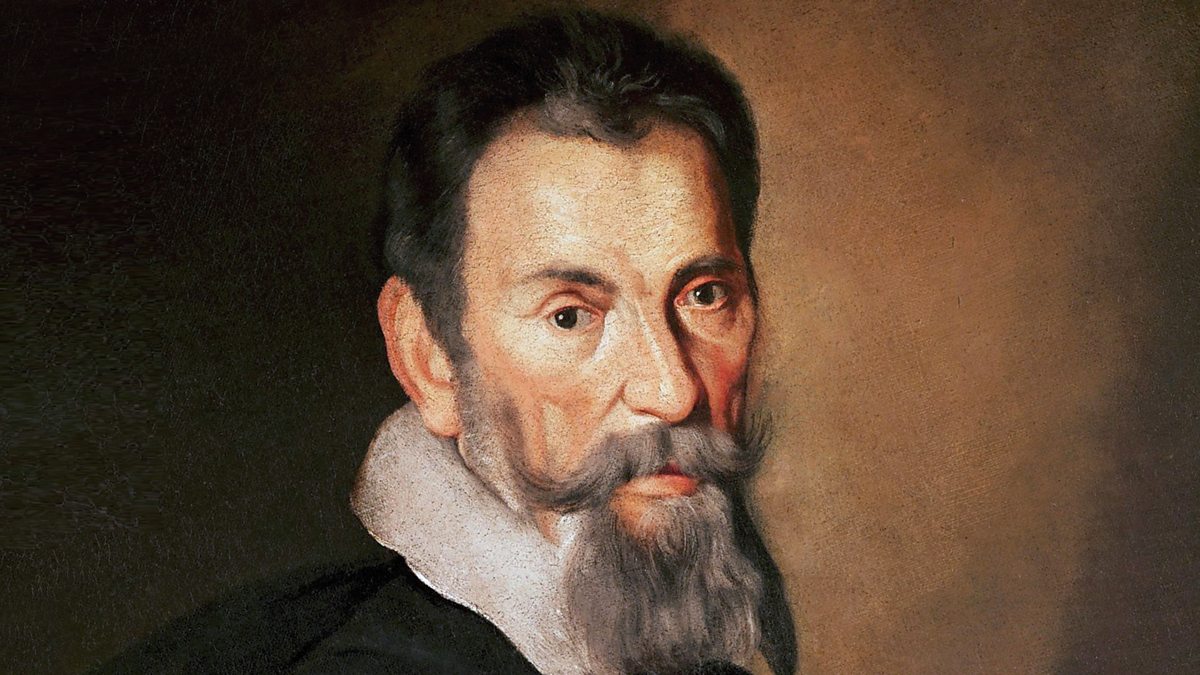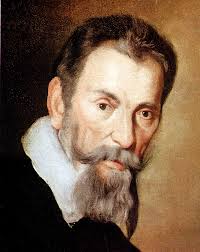Skip to content
- Pioneer of Opera: Claudio Monteverdi (1567-1643) is often hailed as the father of opera. His innovative works, particularly “L’Orfeo” (1607) and “L’incoronazione di Poppea” (1642), marked a significant shift from Renaissance to Baroque music, laying the groundwork for the development of the operatic form.
- Versatile Composer: Monteverdi’s compositions span various genres, including madrigals, motets, operas, and sacred music. His versatility allowed him to excel in both secular and sacred music, demonstrating his mastery across different styles and forms.
- Musician in Service: Monteverdi served as a court musician for the Gonzaga family in Mantua for over 20 years. During this time, he composed numerous works for the court, including operas, madrigals, and sacred music, earning recognition and patronage for his talent.
- Innovator of Seconda Prattica: Monteverdi was a key figure in the transition from the prima prattica (first practice) to the seconda prattica (second practice) in music. Unlike the strict polyphonic style of the Renaissance, the seconda prattica allowed for greater freedom of expression, emphasizing the importance of text and emotions in music.
- Conflict with Artusi: Monteverdi’s innovative compositional techniques led to a famous debate with the music theorist Giovanni Maria Artusi, who criticized Monteverdi’s use of dissonance and unconventional harmonies. This conflict sparked Monteverdi’s defense of his musical innovations in his treatise “L’Orfeo.”
- Sacred Music: Despite his renown for secular compositions, Monteverdi also made significant contributions to sacred music. His Vespro della Beata Vergine (1610), also known as the Vespers of 1610, is a masterpiece of the genre, showcasing his skillful blending of traditional sacred styles with innovative techniques.
- Personal Tragedy: Monteverdi endured personal tragedy throughout his life, losing his first wife, Claudia, and two of his children to the plague. These losses deeply affected him and found expression in some of his most poignant compositions, reflecting themes of grief and lamentation.
- Influence on Later Composers: Monteverdi’s bold harmonic language and expressive use of melody had a profound impact on later composers. His works inspired generations of musicians, including composers of the Baroque era such as Henry Purcell and Antonio Vivaldi, who built upon his innovations in their own compositions.
- Legacy in Music Theory: Monteverdi’s theoretical writings, including “Il combattimento di Tancredi e Clorinda” (The Combat of Tancredi and Clorinda), not only provide insight into his compositional techniques but also contribute to the development of music theory. His ideas on the relationship between music and emotions continue to influence scholars and performers today.
- Lasting Impact: Monteverdi’s legacy endures as one of the most significant figures in the history of music. His groundbreaking contributions to opera, his mastery of diverse musical forms, and his innovative approach to composition ensure his place as a titan of Western classical music.


Comments are closed